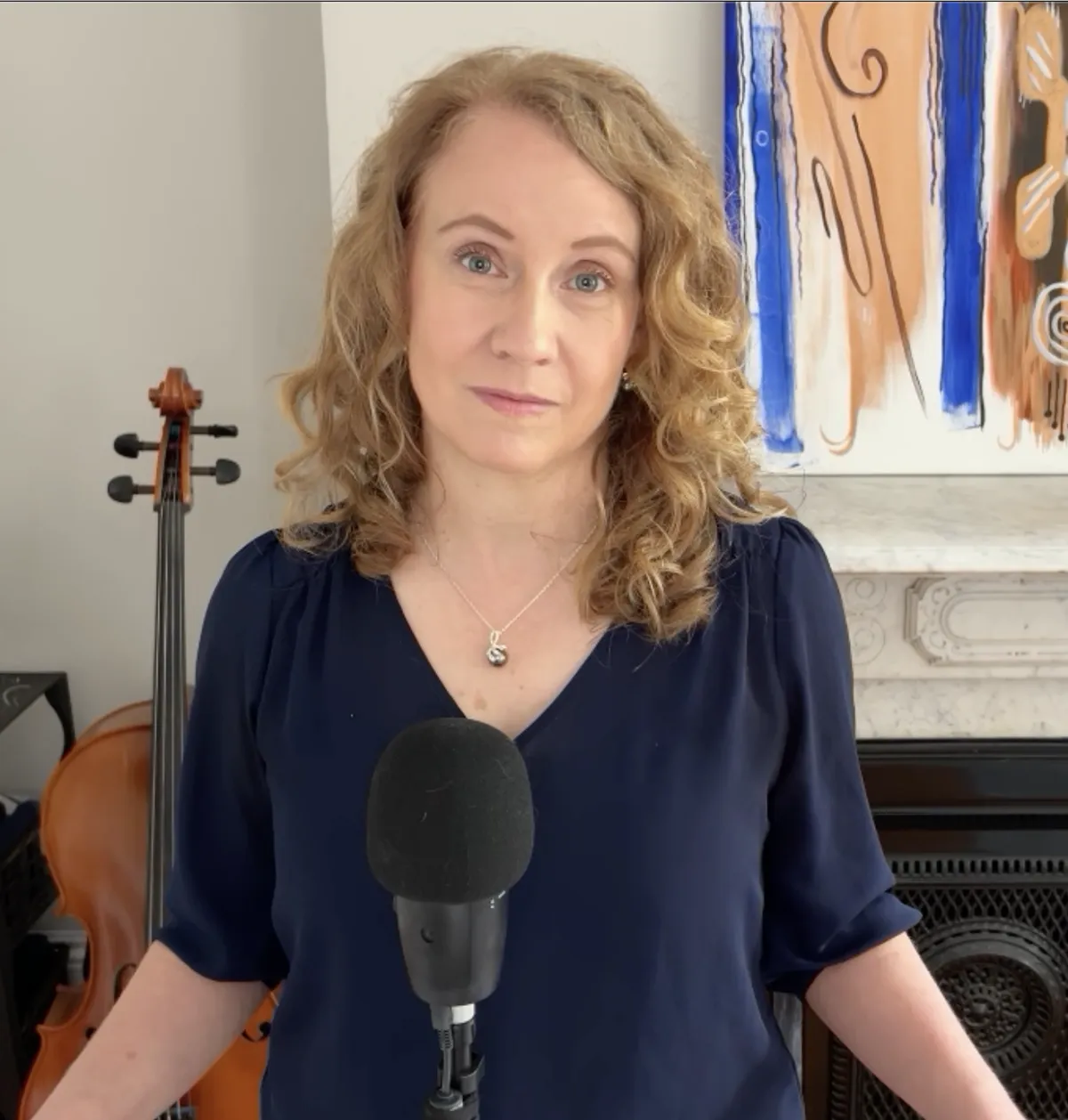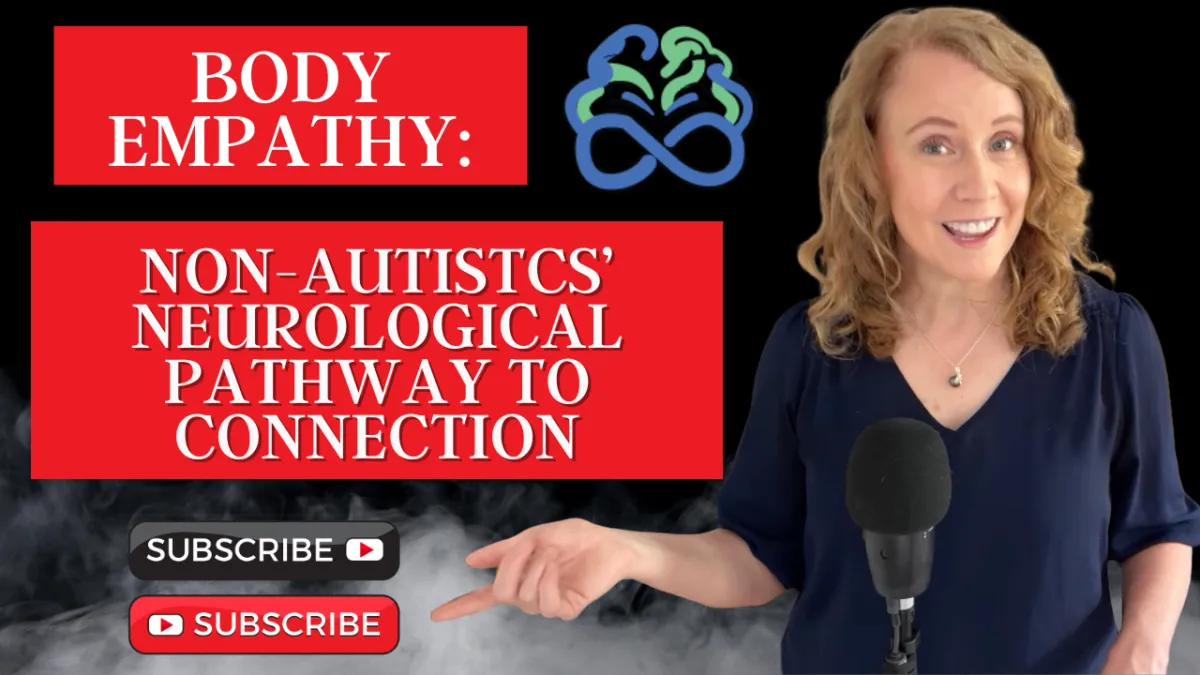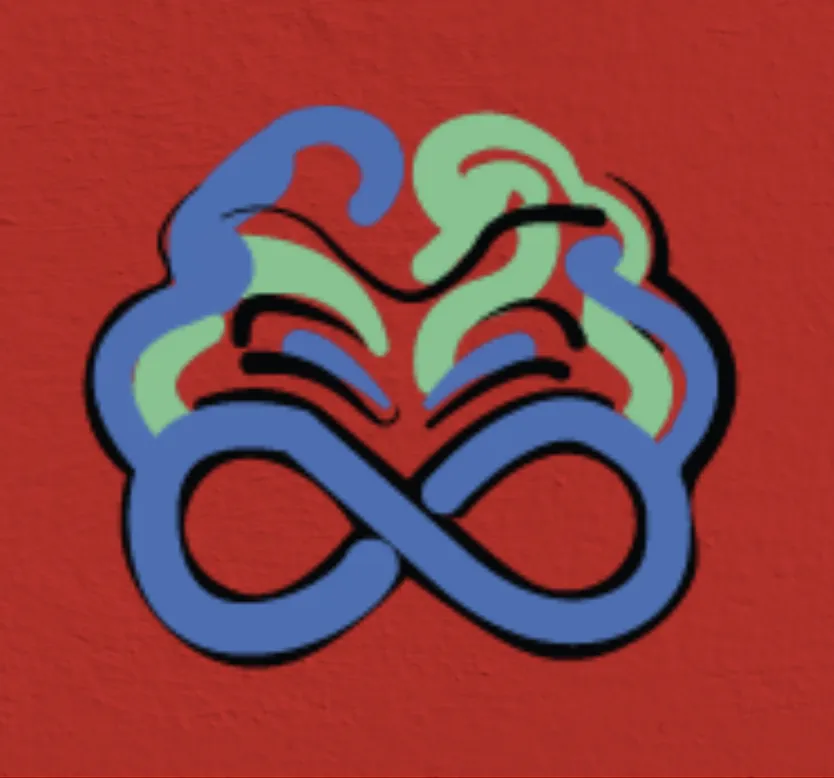

Where YOU get REAL Support and REAL Solutions
Defining Success Together
Autism and marriage aren't easy. We're here because we really get it.
REAL Neurodiverse Marriage
About Anne MacMillan
I built my original Neurodiverse Family Systems Theory on my education, personal life experience, and the professional experience I gained in the private neurodiverse services practice I founded in 2017.
Today, my services extend to support other professionals who have come to the new realization that neurodiversity is at the heart of many of the relationship challenges their adult clients face. Professionals can earn my Neurodiverse Family Systems Educator Credential (NFS-E) then use my practical 10-Step educational system, including quantitative assessments and support resources, to help their clients comprehend their relationship challenges and find the happiness and peace they deserve.
I have a research-based master's in psychology from Harvard University and studied developmental psychology as an undergrad. I received the Director's Thesis Award at Harvard for my original research on Level 1 autism and intimate life partnerships -- some of the first quantitative research on the subject in the world.
Altogether, I have over 50 years of personal life experience with neurodiverse family systems, over 20 years of personal life experience with neurodiverse intimate life partnerships, and 8 years of professional experience working with individuals managing the challenges of neurodiverse family systems.
I self-identify as a high body empathetic neurodivergent who just might also be a bit attention neurodivergent (ADHD). I am not autistic.

Anne MacMillan, MLA
Founder of the 10-Step Neurodiverse Family Systems Approach, Speaker, Researcher, Consultant, Coach, Educator and Expert Witness
Online Course Available Now
Married to Autism? Your Journey to Connection and Ease
An Online Course for Neurotypicals
and Non-Autistic Neurodivergents
Only $34.99 USD
Get the benefits of my education and life experience for less than the cost of one restaurant meal for two!
Neurodiverse relationships can be very confusing. Comprehending YOURSELF and the ways autism affects YOU can make all the difference. Take this first step towards
making life changes that will bring YOU the
Connection and Ease that YOU deserve.

Vicki R.

Found her insights spot on. I gifted this course to 2 others before I even finished it. Refreshing thoughts. Focus is on you, the NT of the relationship with great ways to look at things from both sides. Been married to Autism for 45 years and found this course something I will review on a regular basis to support myself.

Katie G.

This is a MUST for anyone who has a partner with autism. No matter where you are in your relationship, even if your relationship has ended, this is for YOU! Anne’s knowledge, compassion, guidance is unparalleled and unprecedented. Thank you Anne.
My Services
I offer consulting and coaching services to support you in achieving what you want from your life and for your partner, family and children. I work with either the autistic or the neurotypical partner.

Anne MacMillan, MLA
Founder of the R.E.A.L. 10-Step Neurodiverse Family Systems Approach, Speaker, Researcher, Educator, Consultant, Coach and Expert Witness
My Newest Blog Posts

Understanding Body Empathy: The Non-Autistic Sense Supporting Connection
To better understand ourselves and the ways in which all brains function, it is essential to explore concepts that influence Neurodiverse Relationship Dynamics (NRD) (MacMillan, 2025) and that affect neurodiverse family systems. One such concept is "body empathy" (MacMillan, 2025), a sense that plays a significant role in how many of us connect with others. Body empathy, a sense akin to taste, sound, touch, smell, and sight, is deeply rooted in non-autistics' nervous systems and helps them navigate the social world in ways that are often unconscious.
Body Empathy Requires Embodied Simulation and Interoception
There are two components to body empathy: 1) embodied simulation, and 2) interoception (MacMillan).
Embodied simulation can be understood as the ability to internally simulate the actions of others, allowing us to experience, in part, what another person is experiencing (Gallese, 2007). Embodied simulation is facilitated by what neuroscientists refer to as the "mirror neuron system." Embodied simulation allows us to observe someone else performing an action, whether it's a non-autistic or autistic individual, specific neurons in our brains fire as if we were performing the action ourselves. This mirroring process is not just limited to visual observation; it can also occur through auditory cues. For example, hearing the sound of someone running up and down the stairs can activate the neurons in our brain associated with that action, even if we are physically inactive at the time.
MacMillan (2025) hypothesizes that individuals have varying levels of embodied simulation and that, in general, non-autistics have higher levels of embodied simulation than autistics.
A future article will address interoception and its role in body empathy.
The Neuroscience Behind Embodied Simulation
The mirror neuron system is one of two fundamental components of body empathy, the other being interoception. Mirror neurons, which are distributed throughout our nervous system, enable us to create a mental simulation of another person's actions, giving us a visceral understanding of their experience. This internal simulation is not merely a cognitive function; it involves the entire body, as our whole-body nervous system is engaged in the process. This connection between the brain and the body underscores the embodied nature of body empathy, making it a holistic experience that transcends simple observation, cognitive processing or theory of mind.
Embodied Simulation and Social Connection
Embodied simulation provides us with an immediate and often unconscious connection to others. When we witness someone else's actions, whether through sight or sound, our mirror neuron system activates, allowing us to empathize with their physical experience. This connection is particularly significant in social interactions, where understanding the physical and emotional states of others can enhance communication and strengthen relationships. For non-autistic individuals, body empathy plays a crucial role in fostering social bonds, as it enables them to intuitively grasp the experiences of others.
Implications of Body Empathy for Neurodiverse Interactions
Understanding body empathy is not just about recognizing a fascinating neurological phenomenon; it has practical implications, especially in neurodiverse interactions. For non-autistic individuals, being aware of their body empathy can lead to a more nuanced understanding of how they connect with others, including those on the autism spectrum who may not experience body empathy in the same way. This awareness can bridge gaps in communication, fostering empathy that is informed and accurate, rather than based on assumptions that everyone perceives the world in the same way.
In conclusion, body empathy is a vital sense that connects us to the physical and emotional experiences of others. By understanding this sense, both autistics and non-autistics can better navigate our social world, improve our relationships, and approach neurodiverse interactions with a deeper sense of awareness.
Support for Professionals and Clients:
Neurodiverse Credentialing and Practice Support for Psychologists, Therapists, Social Workers, Clergy, and Domestic Violence workers is available here.
Autistic and non-autistic members of neurodiverse family systems can reach out for support here.
Resources for Further Exploration:
Read Anne MacMillan's 2025 book entitled Neurodiverse Family Systems: Theory and Practice, available for pre-order.
Read Vittorio Gallesse's 2007 article entitled "Before and Below 'Theory of Mind': Embodied Simulation and the Neural Correlates of Social Cognition" published by The Royal Society, 362(1480), doi:10.1098/rstb.2006.2002.
My Research
Some of the world's first quantitative research on autism and marriage
I was working on a master's in psychology at Harvard University when I realized my husband of almost 20 years was autistic. I was shocked by how little was known about an issue that affected my own life so dramatically. So, I shifted my research interests to autism and marriage and was ultimately given the Director's Thesis Award for my work.

My White Papers and Pamphlets
© 2024 R.E.A.L. Neurodiverse
All Rights Reserved
anne@REALneurodiverse.com
Text or Call: (617) 996-7239 (United States)
